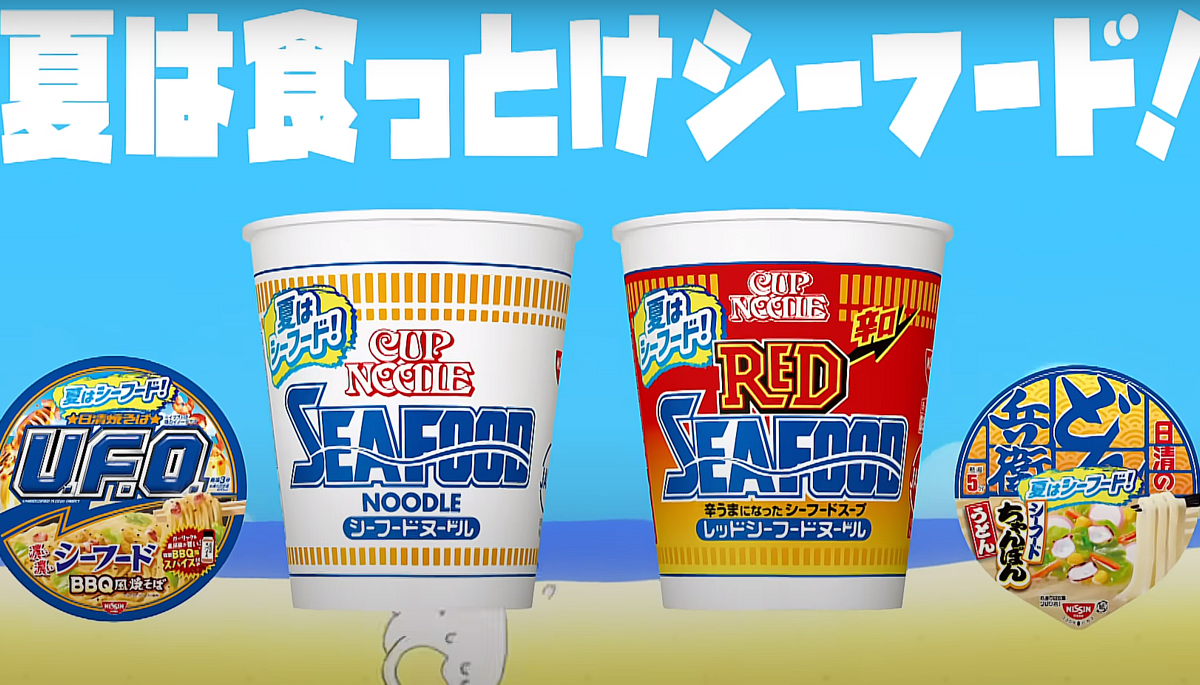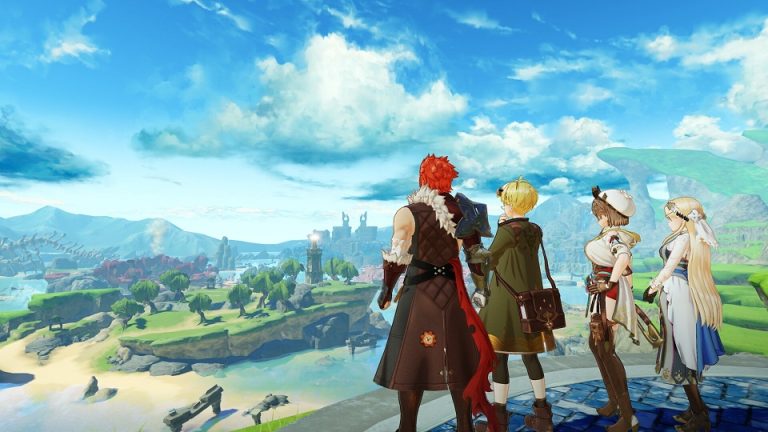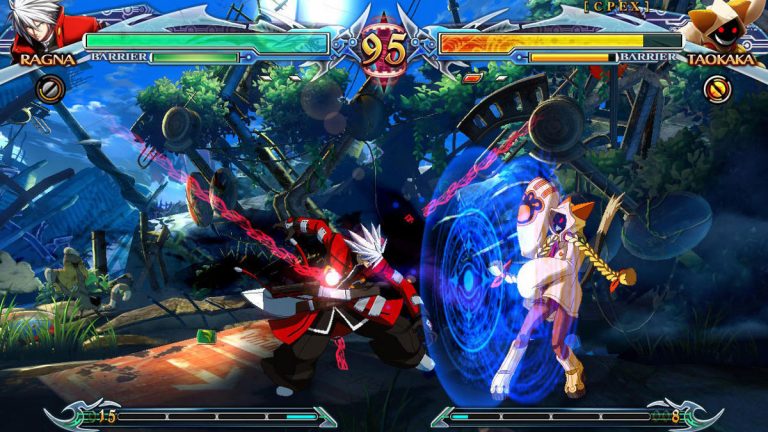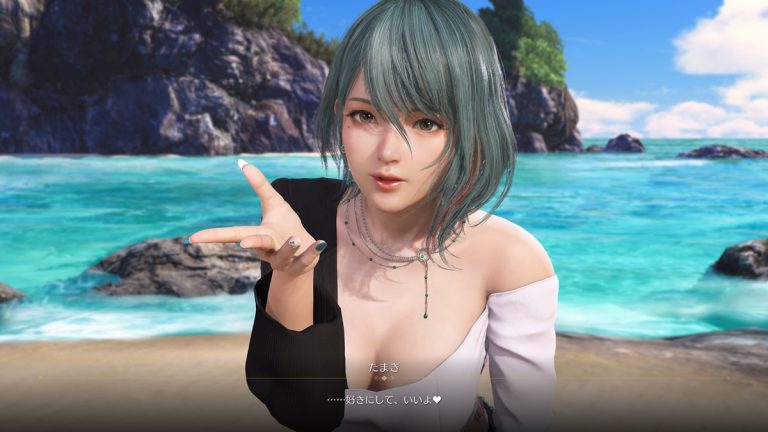Nissin Foods, the founder and leading manufacturer of instant foods and cup noodles in Japan, has recently grabbed the spotlight in the public eye once again with a humorous commercial that makes clever use of a viral meme song. Japanese users are praising the brand for their conscience of what’s “in” and relevant to young people, while also noticing that Nissin seems to use commercial space on television as if it was their personal (very expensive) YouTube channel.
Japanese TV commercials have held a reputation for being surreal and quirky overseas for a long time, but Nissin is the company known for being weird within Japan, often including edgy humor, self-deprecating jokes and referencing popular media and internet memes, such as this commercial for yakisoba noodles that uses music by heavy metal band Maximum the Hormone. Big businesses trying to be “hip” and “relatable” and using memes to promote themselves is usually a recipe for an unfunny disaster, but Nissin seems to be putting out banger after banger, with people revisiting past commercials on YouTube and even commenting how they want them to air again.
Recently, Nissin launched a commercial for their Seafood instant cup noodles, which is essentially a seafood-themed parody of a Japanese Vocaloid song by Yukopi titled “Hair Swept Back By Gale-Force Winds.” The humorous catchy song that laments the strong wind was published on YouTube and NicoNicoDouga in March this year and soon went viral, exceeding 37 million views on YouTube.
The Nissin version changes the lyrics of the song into a cynical sales pitch for their summer lineup of seafood cup noodles, which goes:
“Summer’s way too hot, we’re done for;
Even though our cup noodles are good, they’re not selling,
at least eat the seafood ones.
If we make them spicy maybe we can sell them.”
The commercial also features a new summer and seafood inspired animated video. The commercial has since been viewed over 2.8 million times on YouTube, with people begging for a full version on Twitter.
In fact, Nissin are so famous for their antics that someone even successfully predicted they would make a commercial out of the song based on a hint they posted on their official Twitter account. However, Nissin still exceeded everyone’s expectations in how quick they were to do so – the user’s prediction became reality only eleven hours after they posted it. The fact that Nissin came out with an arrangement of the song and video only 4 months after the original was published shows some swift decision-making.
The positive reactions to Nissin’s commercials likely come from several factors, such as the fact that they seem to be genuinely in touch with otaku and internet culture, and that they, even though they are a major corporation, don’t seem to take themselves too seriously. An unmistakably human touch prevents them from falling into the trap of becoming “soulless” like many businesses inevitably do. Seeing a big corporation collaborate with smaller scale creators in a mutually benefiting, healthy dynamic is also undoubtedly a refreshing change.





